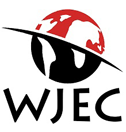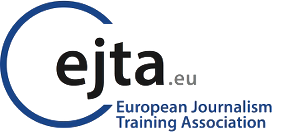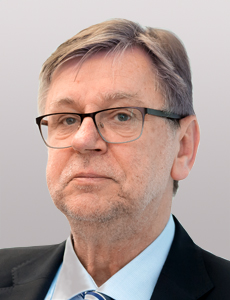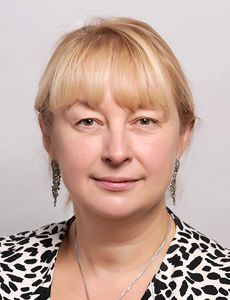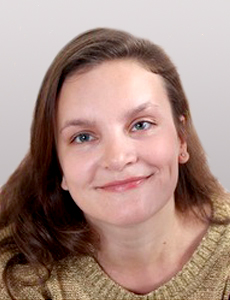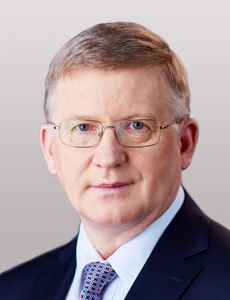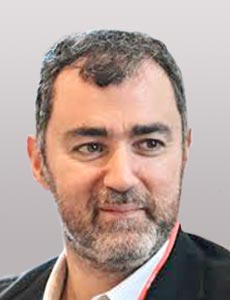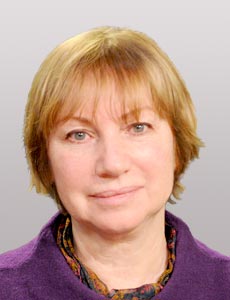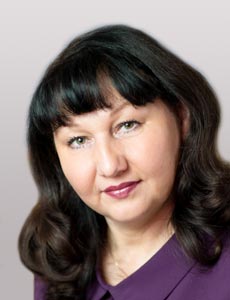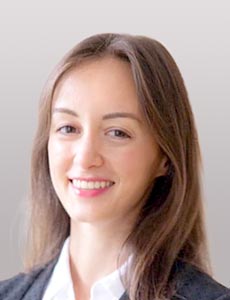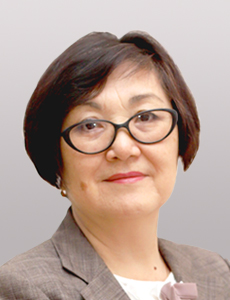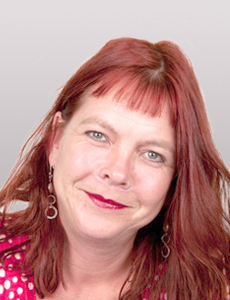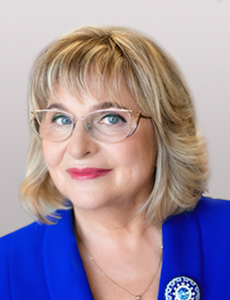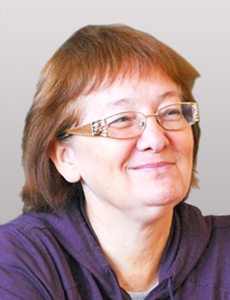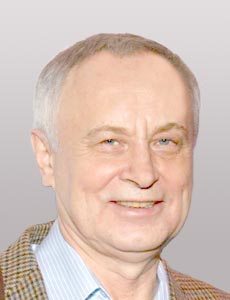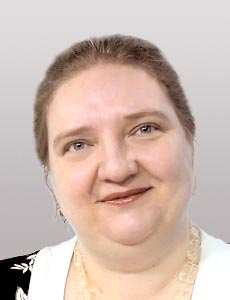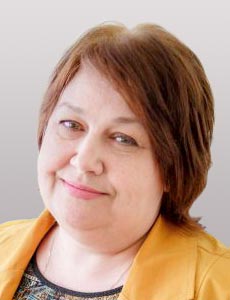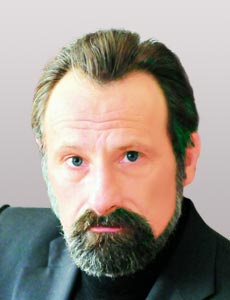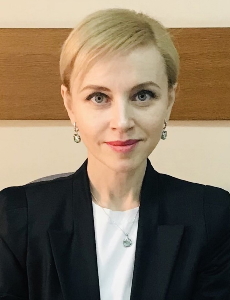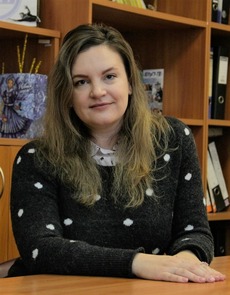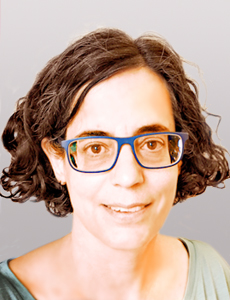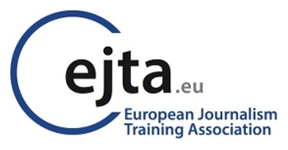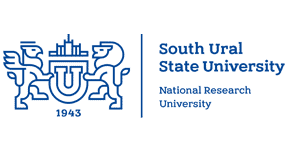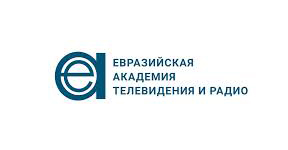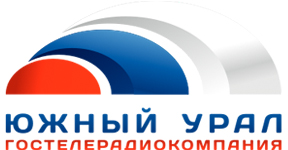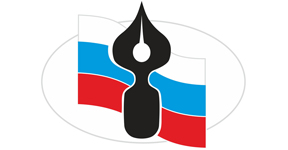Nico Drok
Deputy Chair WJEC, Counsellor of EJTA, Professor of Media and Civil Society at Windesheim University of Applied Sciences (Windesheim, Netherlands)
Alexander Shestakov
Rector of South Ural State University,
Doctor of Technical Sciences, Professor
Chairman of Rectors’ Council in Ural Federal District (Russia)
Elena Vartanova
Academician of the Russian Academy of Education, Professor, Dean of the Faculty of Journalism, Lomonosov Moscow State University
Eric Nahon
European Journalism Training Association President, Deputy Director IPJ Dauphine / PSL (Paris, France)
Maria Lukina
Deputy Dean of the Faculty of Journalism of the Lomonosov Moscow State University for Educational and Methodological Association, Candidate of Philological Sciences, Associate Professor of the Department of New Media (Moscow)
Lidiya Lobodenko
Director of the SUSU Institute of Social Sciences and Humanities,
Doctor of Sciences (Philology), Professor (Russia)
Kamilla Nigmatullina
Head of the Digital Media Communications Department, Associate Professor,
Candidate of Political Sciences, Saint Petersburg State University (Russia)
Almatay Zhusupova
Head of the Department of Journalism and Communications Management,
Candidate of Sciences (Philology), Associate Professor at Kostanay State University named after A. Baitursynov (Kazakhstan)
Nadia Vissers
Lecturer and coordinator of internationalisation and workplacement in the Bachelor of Journalism at the Artesis Plantijn University College in Antwerp (Belgium). As General Secretary she is responsible for communication, projects and the relationship with the Forum of European Journalism Students (Belgium)
Liudmila Shesterkina
Dean of the SUSU Faculty of Journalism, Doctor of Sciences (Philology), Head of the Department of Journalism and Mass Communication,
Honoured Worker of Culture of the Russian Federation,
Vice-President of the Eurasian Association of Television and Radio Broadcasting (Russia)
Vladimir Tulupov
Doctor of Philology, Professor, Head of the Department of Advertising and Design, Dean of the Faculty of Journalism of Voronezh State University (Voronezh, Russia)
Olga Lepilkina
Doctor of Sciences (Philology), Professor, Head of the Department for History and Theory of Journalism, North-Caucasus Federal University (Russia)
Vladimir Oleshko
Head of the Department of Periodicals and Online Mass Media of the Journalism Department of the Ural Federal University named after the First President of Russia B. N. Yeltsin, Doctor of Philosophy, Professor (Yekaterinburg)
Ludmila Makarova
Deputy Director for Teaching
Associate Professor, Ph.D. (Philology)
Institute of Philology and Journalism
National Research Lobachevsky State University of Nizhny Novgorod, Russia
Larisa Zhukovskaya
Director of Institute of Philology and Journalism
National Research Lobachevsky State University
Associate Professor, Ph.D. (Philology)
Nizhny Novgorod, Russia
Oleg Samartsev
Doctor of Philology
Head of the Department of Journalism, Philology, Library Science and Documentation, Ulyanovsk State University, Professor of the Academy of Media Industry (Moscow). Chairman of the Ulyanovsk regional branch of the all-Russian public organization "Union of Journalists of Russia"
Nikita Argylov
Director of the Department of Communications and Media of the Far Eastern Federal University, Candidate of Political Sciences, Associate Professor, Director of the autonomous non-profit organization " Laboratory of Information Policy "(Vladivostok, Russia)
Svetlana Urazova
Doctor of Philology, Associate Professor. Member of the Union of Journalists of Russia, member of the International Federation of Journalists, member of the International Academy of Television and Radio, Editor-in-chief of the scientific journal "Vestnik VGIK" (Moscow, Russia)
Sergey Ilchenko
Doctor of Philology, Professor of the Higher School of Journalism and Mass Communications of St. Petersburg State University, editor-in-chief of the newspaper "Cultural Petersburg", author and presenter of radio programs "Petersburg" (St. Petersburg, Russia)
Alla Shesterina
Doctor of Philology, Professor of the Department of Electronic Media and Speech Communication at Voronezh State University (Voronezh, Russia)
Ivan Pechishchev
Candidate of Philological Sciences, Associate Professor of the Department of Journalism and Mass Communications of Perm State University, member of the Union of Journalists of Russia, participant of the program of experts of innovations in education from Microsoft (Perm, Russia)
Anna Gladkova
Candidate of Philological Sciences, Leading Researcher of the Department of Theory and Economics of Mass Media, Faculty of Journalism, Lomonosov Moscow State University, Official Ambassador of the International Association of Media and Communication Researchers IAMCR in Russia (Moscow, Russia)
Evgeny Smyshlyaev
Candidate of Philological Sciences, Associate Professor of the Department of Journalism, Advertising and Public Relations of the Institute of Media and Social and Humanitarian Sciences of SUSU, member of the National Association of Mass Media Researchers (Chelyabinsk, Russia)
Tatiana Semyan
Doctor of Philology, Professor, Head of the Department of Russian Language and Literature at the Institute of Media and Social Sciences and Humanities of SUSU, member of the National Association of Mass Media Researchers (Chelyabinsk, Russia)
Anna Cherednyakova
Doctor of Pedagogical Sciences, Associate Professor of the Department of Journalism, Advertising and Public Relations of the Institute of Media and Social and Humanitarian Sciences of SUSU, member of the National Association of Mass Media Researchers, member of the Russian Academy of Image Studies (Chelyabinsk, Russia)
Maria Krasheninnikova
Candidate of Philological Sciences, Senior Lecturer of the Department of New Media and Communication Theory, Member of the Teaching and Methodological Department, Faculty of Journalism, Lomonosov Moscow State University (Moscow, Russia)
Anna Krasavina
Associate professor Journalism, advertising and PR Department
Institute of Media & Social-humanitarian Sciences of
South Ural State University
Alexandra Stark
Head of Studies at MAZ – the Swiss School of Journalism in Lucerne. She also work as a consultant for editorials and as a freelance journalist. On the EJTA-Board she represents the mid-career institutes (Switzerland)



